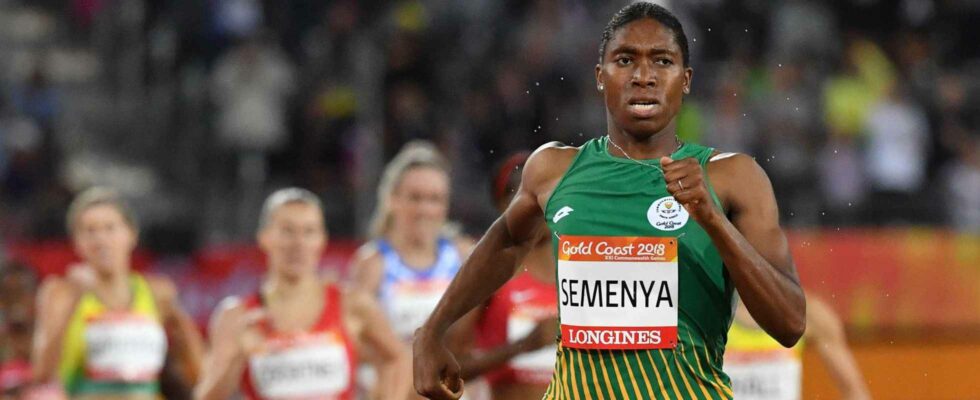UK Athletics (UKA) is calling for a change in legislation to reserve the women’s category for athletes who were recorded as female at birth. The governing body argues that all transgender athletes should be allowed to compete in an open category with men. UKA’s Chair, Ian Beattie, has said that the organization wants athletics to be inclusive, but it also has a responsibility to ensure fairness in women’s competition.
However, the Equality and Human Rights Commission (EHRC) has expressed disappointment in UKA’s stance, citing the organization’s “inaccurate advice” and questioning its interpretation of the Equality Act 2010. According to the EHRC, UKA’s position is not supported by the Act.
UKA disagrees with using testosterone suppression for transgender women and argues that there is insufficient scientific research to support its effectiveness. As a result, UKA wants to reserve the female category for athletes who were recorded as female at birth and have not undergone transition.
The UK government disagrees with UKA’s position and believes that the 2010 Equality Act allows sports organizations to restrict the participation of transgender athletes in order to protect the female category and ensure fair competition. The EHRC also agrees that it is likely to be lawful for a sporting organization to adopt a trans-exclusive policy if it is necessary to secure fair competition or the safety of competitors.
This debate is part of a wider discussion among sports organizations around transgender inclusion policies. Last year, British Triathlon established an ‘open’ category for transgender athletes to compete in. However, UKA’s position contrasts with that of World Athletics, which has proposed allowing transgender women to compete in female international track and field events while tightening the sport’s eligibility rules and using testosterone limits as the basis for inclusion.
The debate around transgender inclusion in sports is complex and multi-faceted. While UKA is calling for a change in legislation to reserve the women’s category for recorded females at birth, the EHRC and the UK government believe that the 2010 Equality Act already provides for fair competition and the safety of competitors. It remains to be seen how this issue will be resolved in the future, but it is clear that all stakeholders must engage in productive and respectful dialogue to find a solution that works for everyone.
